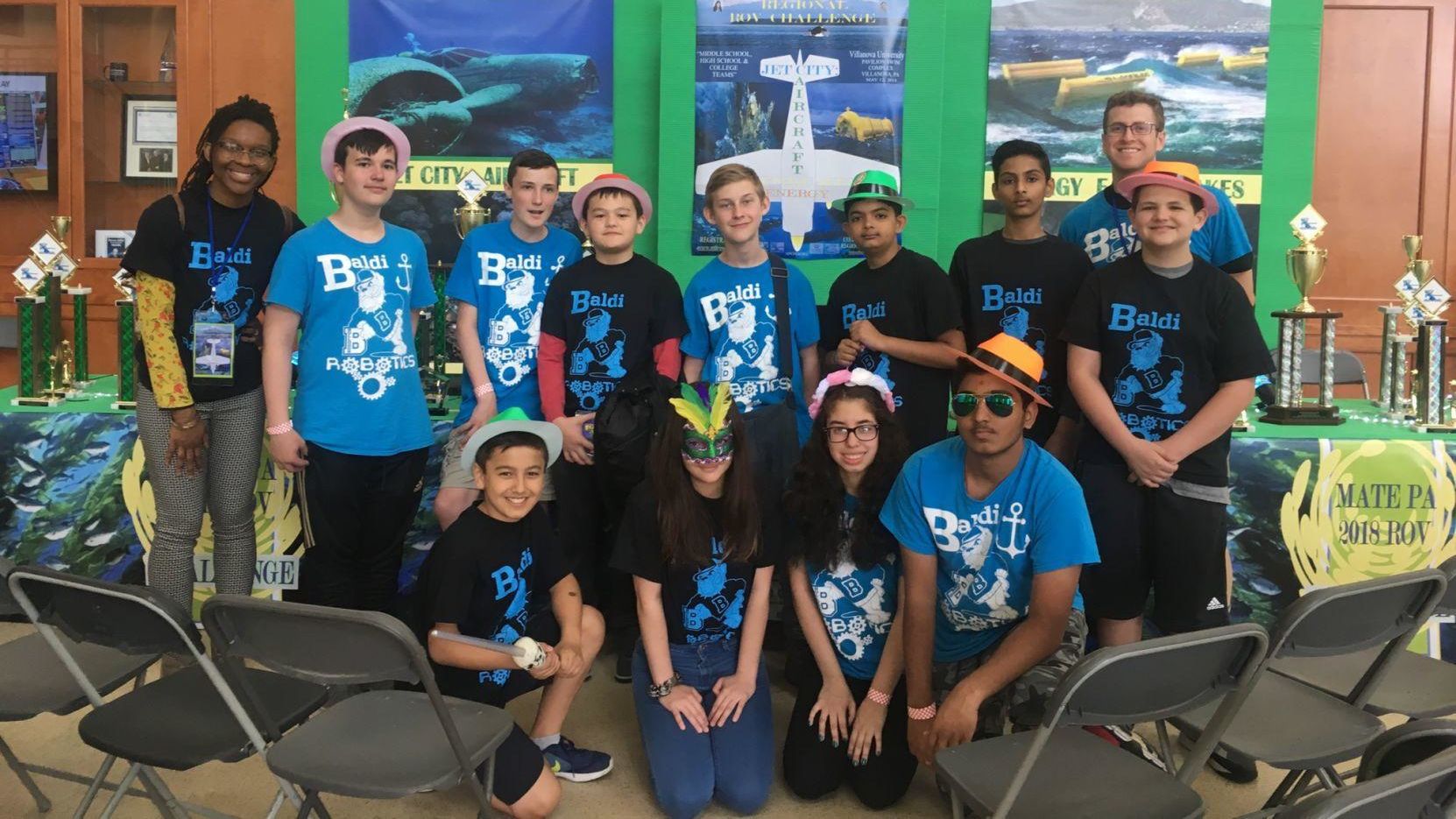Seventh-grade science teacher and former Temple Teacher Residency student, Lauren Hassan was recently featured in The Philadelphia Tribune for winning two grants from the Society for Science and the Public and IgniteSTEM to develop STEM programming at C.C.A. Baldi Middle School.
Hassan has always been passionate about science and teaching. While studying biochemistry at Villanova University, Hassan tutored students and after graduation, worked as a chemist for four years, eventually returning to Pennsylvania for another degree. This time, Hassan enrolled in Temple University's College of Education and Human Development as part of the Temple Teacher Residency program and earned a master's degree in education. In the classroom, Hassan desired to create the perfect curriculum that would solidify their student's understanding of STEM material.
Having taught at C.C.A. Baldi Middle School for only two years, it is evident that Hassan has already made a great impact on their students' lives in a short amount of time. Hassan has around 30 students in six different sections of classes. Many of Hassan's students are English language learners, coming from a variety of diverse backgrounds. Hassan's mission is to provoke a passion for science at a young age.
Per the article, "C.C.A. Baldi Science Teacher Wins STEM Grants" from the Philadelphia Tribune, Hassan says, "[t]he middle school level is where students decide if they like science or not. They decide if they want to study science by middle school, so I spend half the year teaching astronomy and the other half teaching physics."
Acknowledging Hassan's passion for education, the Society for Science and the Public provided Hassan with a grant of $3,000. Hassan intends to use the money towards supporting a cohort of students and sustaining two afterschool STEM programs, Lego League and Marine Advanced Technology Education (MATE).
Hassan also received a $2,000 grant from IgniteSTEM to continue the development of STEM programs in their classroom.
This money goes a long way for Hassan. Often, they would use their own money to buy lab materials for experiments in their classroom; these materials often come with a hefty price tag.

